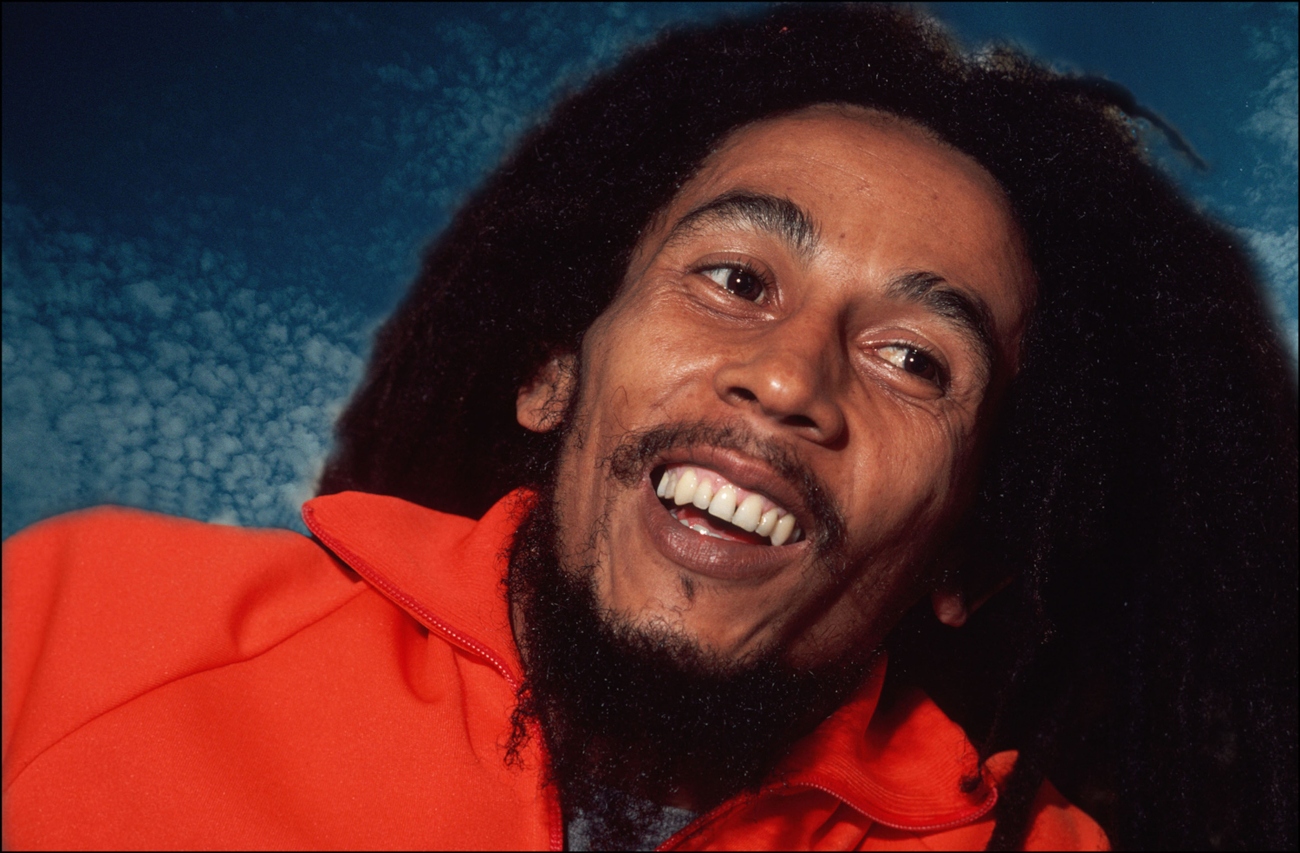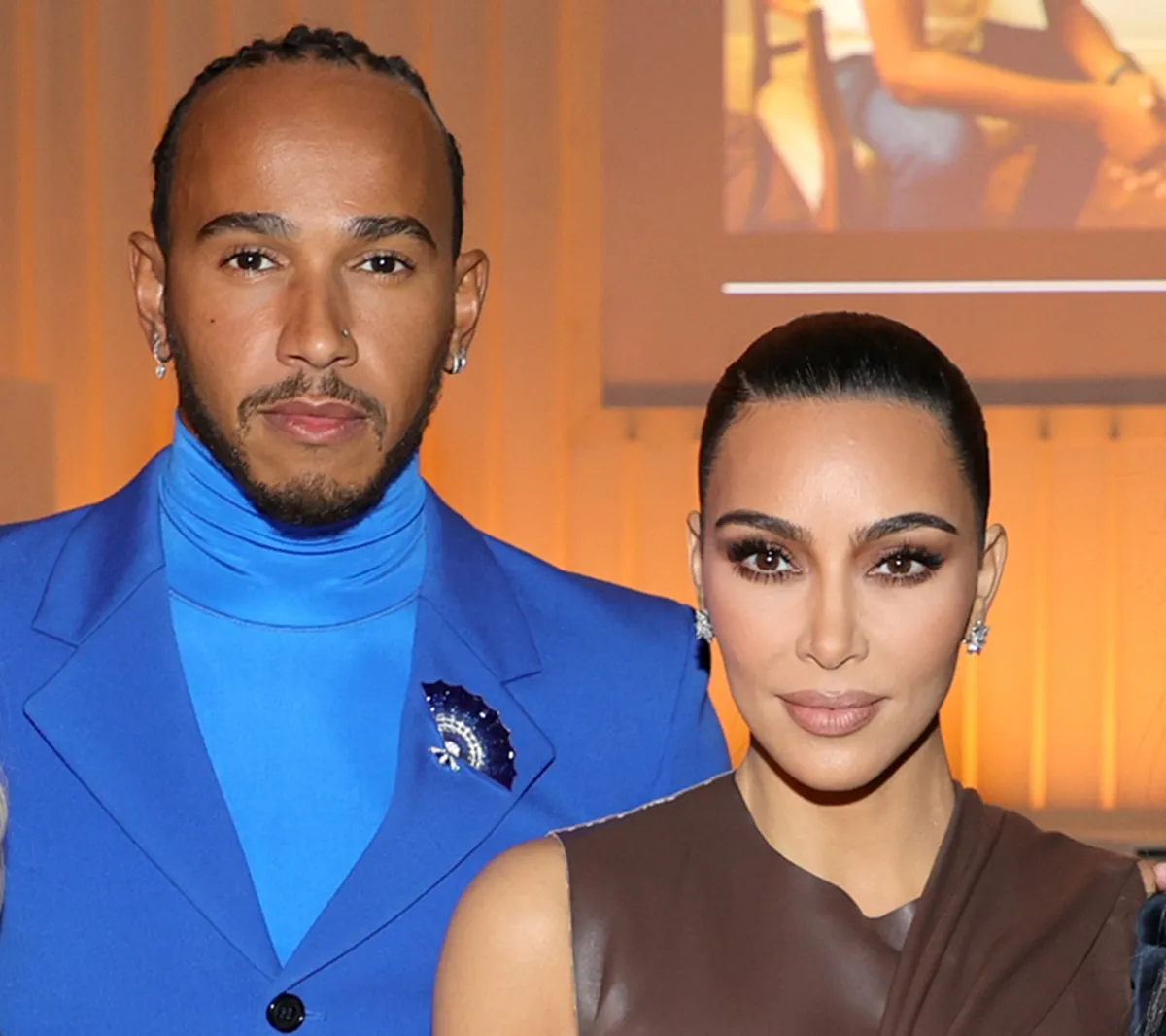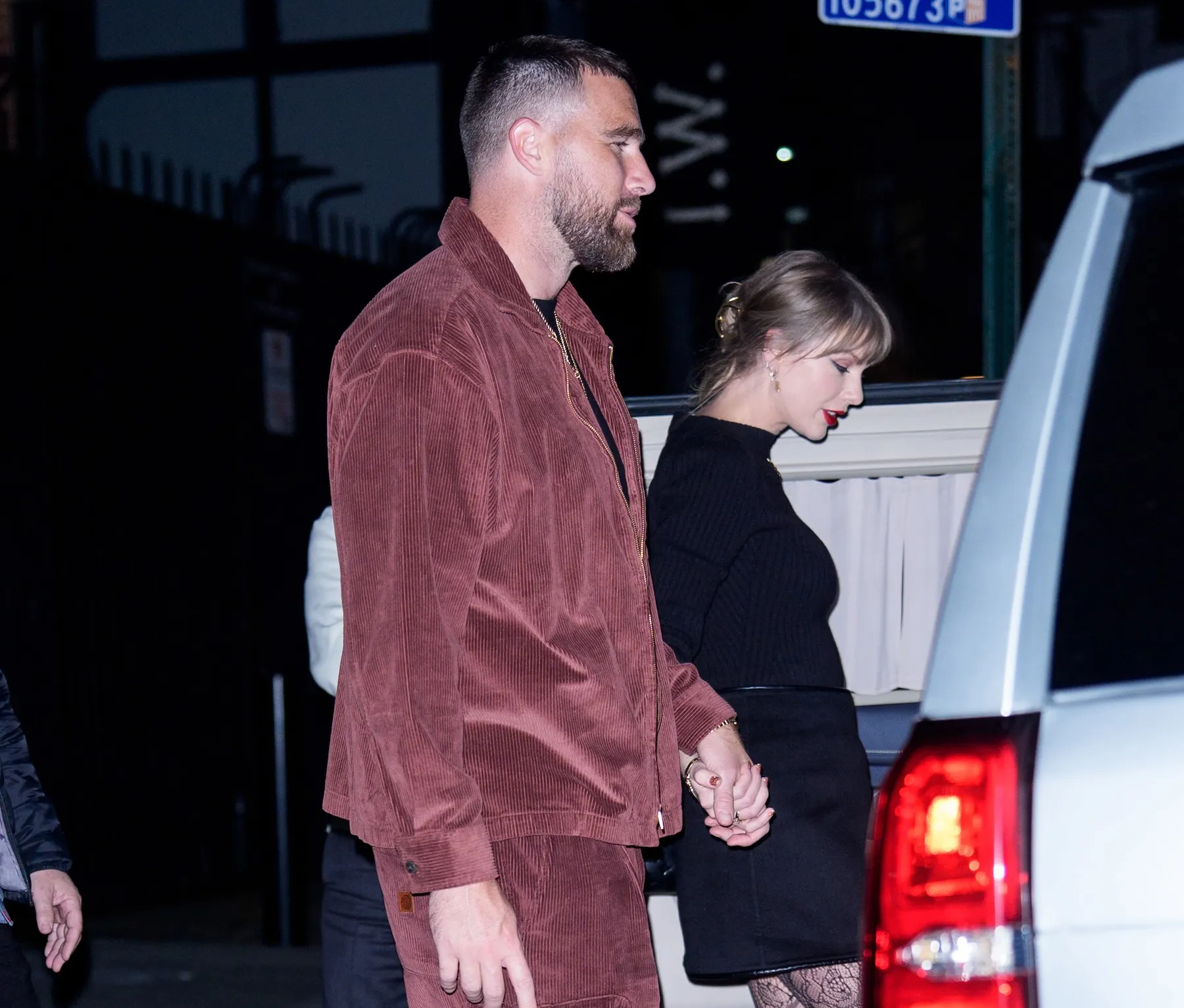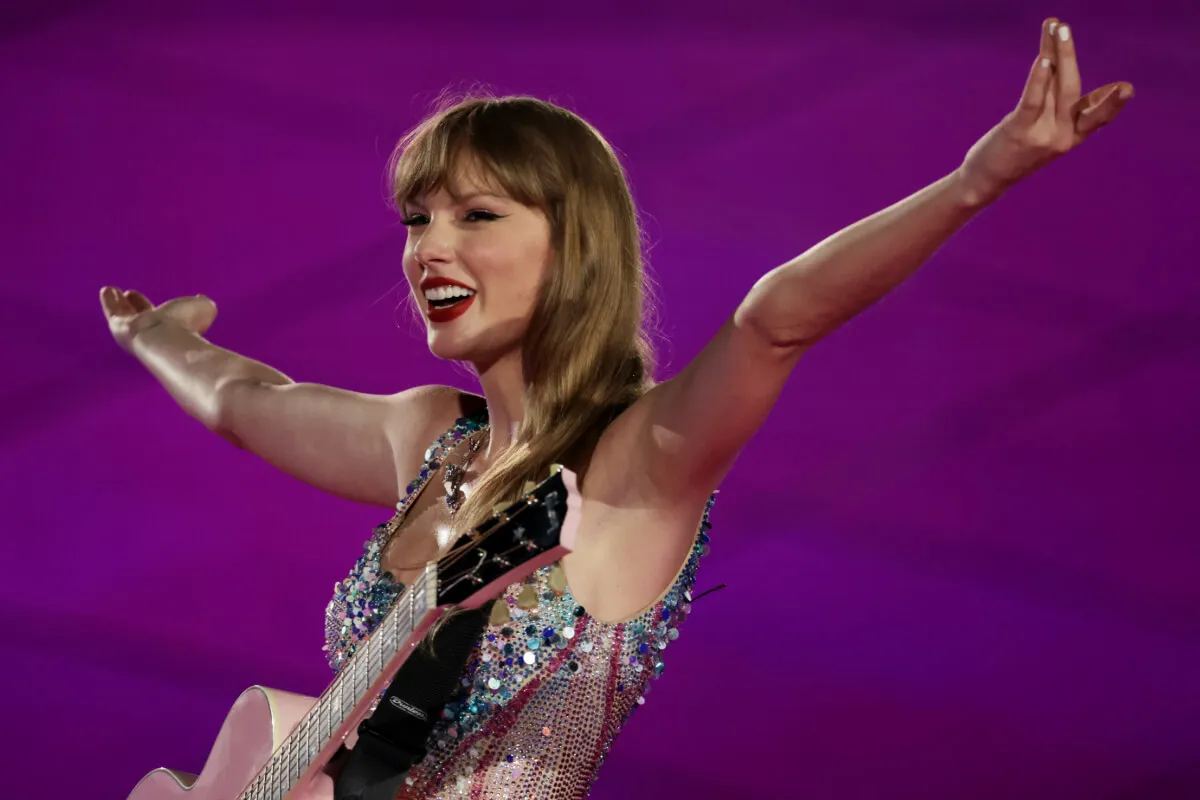Bob Marley’s Admiration for The Clash Inspired 1 of His Hit Songs
In 1981, the world lost international reggae star Bob Marley. His legacy lives on through music, culture, and his family, and for many, he represents more than his artistry.
Marley’s influence can be seen, heard, and felt throughout the world, but there were musicians who inspired his work too. One of the groups who captured his attention was the British punk rock band, The Clash.

Bob Marley lived in London during the 1970s
After Bob Marley and the original Wailers exploded in popularity in Jamaica, there was an effort to promote them in the U.K. Marley’s first trip to London was in 1972, and it’s where eventually linked up with the famous Chris Blackwell of Island Records. He and his band lived there briefly for a period between 1972-1973, and they played a large show there in 1975.
But an assassination attempt on his life saw him return to England in 1977. Marley laid low immediately after people tried to kill him in Jamaica and found himself back in London. He used the time to work on new music — with a new iteration of the Wailers — and also absorbed local sounds.
Marley admired The Clash
According to the classic Catch a Fire: The Life of Bob Marley by Timothy White, Marley first learned of The Clash’s music while hanging out with the legendary Lee “Scratch” Perry in London.
“He admired their spunky courage and anger in the face of England’s social stratification and class-based economic oppression,” wrote White. “He also admired the help that The Clash and other punk rockers were giving to East and West Indians…”
At that time, The Clash had released only one album, and they blended R&B, reggae, rock, and other genres to create their sand. But they were also rebels. White described how Marley appreciated the band’s involvement in speaking out against racism and police corruption. He also liked their cover of Junior Murvin’s “Police and Thieves,” one of Perry’s productions.
It inspired him to write a new single. With Perry’s help, Marley hit up the Basing Street studio in London to record “Punky Reggae Party” with Aswad, another reggae group. Per White, the Wailers later dubbed their vocals over Aswad’s.
In the song, Marley sings about punk rockers and Rastafarians being “mistreated with impunity.” Other lyrics in the song shout out The Clash, Maytals, the Wailers, and other artists.
“Punky Reggae Party” was released as a single in Jamaica and England in 1977, and years later, it landed on a deluxe edition of the Exodus. When Marley spoke to Interview magazine in 1978, he explained why the track only appeared as a b-side, and not part of an album.
“The record company fight against us,” he said. “Ya know them don’t like the punk. Them don’t wanna go to a punky reggae party. But we’re gonna find them guilty. Now the people’s piratin’ it. The tune’s a hit tune in England. Why don’t they release it here with ‘Jamming’?”
Marley never saw The Clash perform live, but he found common ground in their messaging.
Correction: An earlier version erroneously said Marley died 50 years ago, not 40 years ago.


